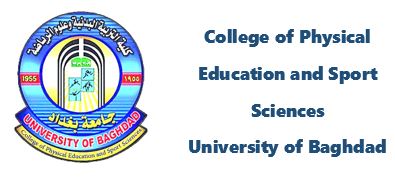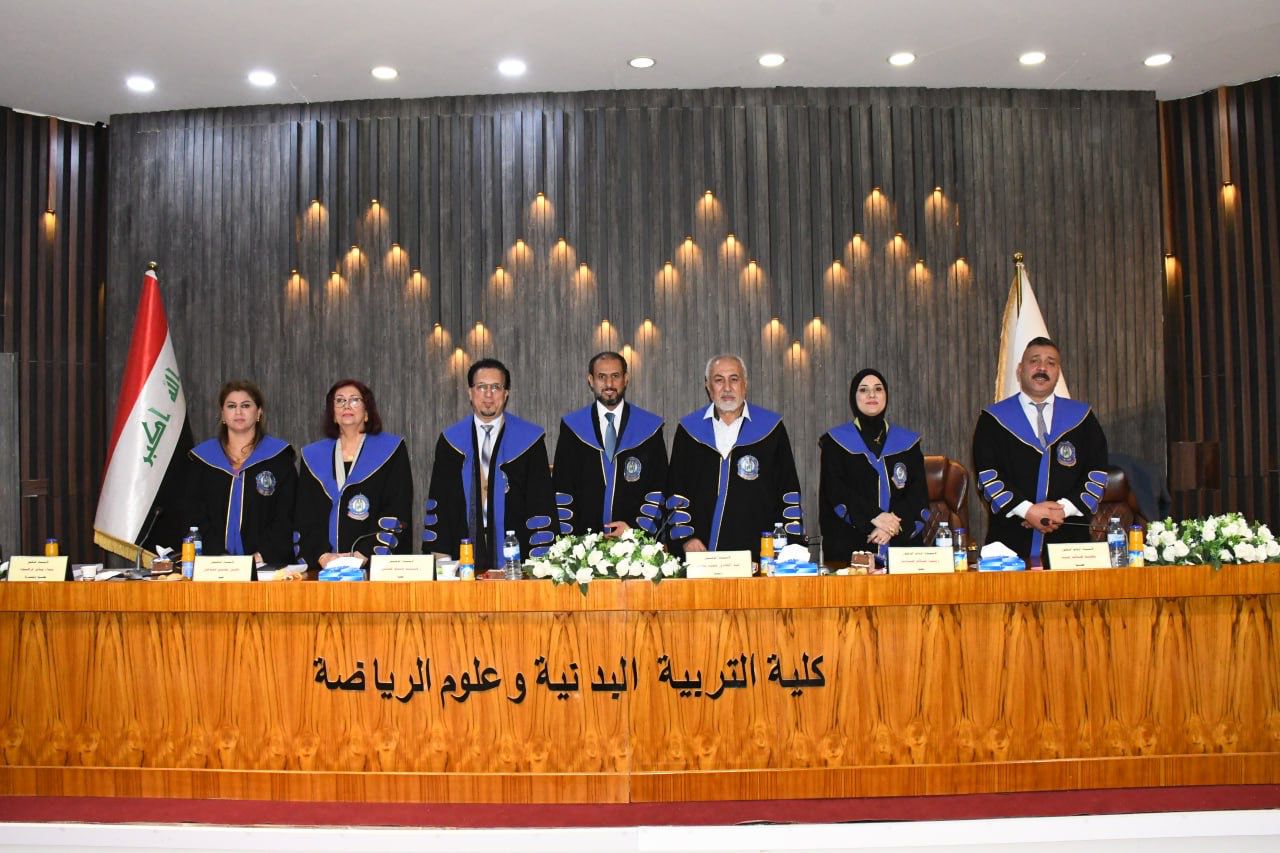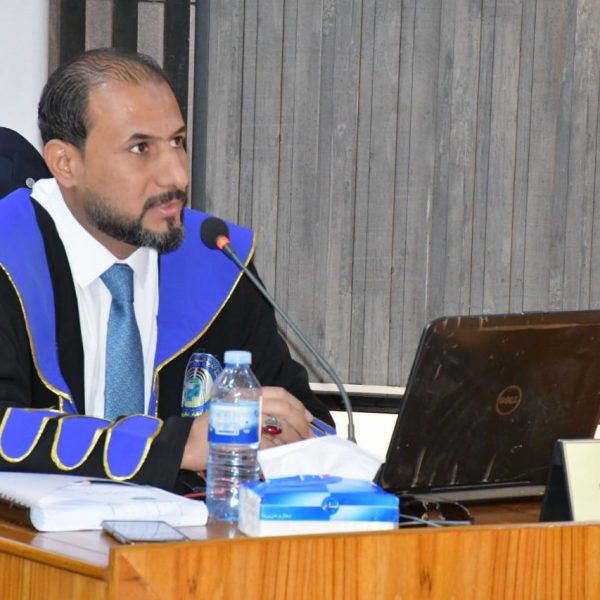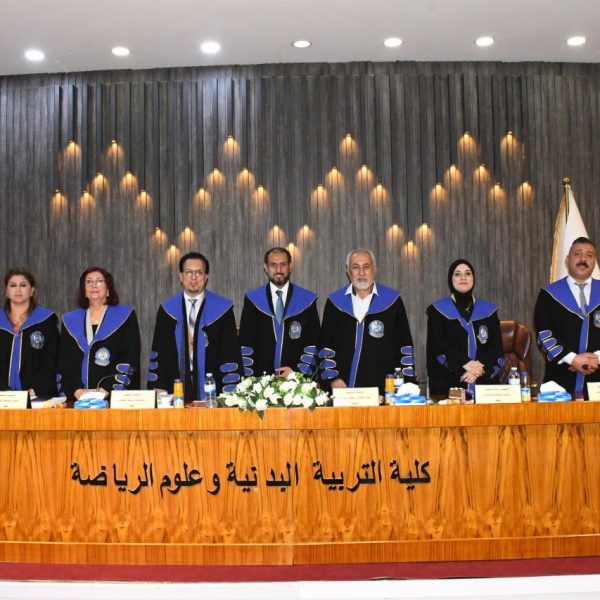At the College of Physical Education and Sports Science, University of Baghdad, a PhD dissertation by student Ali Abbas Ghadhban, titled “The Impact of a Cognitive Behavioral Counseling Program Based on Cognitive Flexibility on Psychological Skills in Fencing Players Aged 17 and Above,” was discussed, specialized in (Sports Psychology – Fencing). The discussion committee comprised:
– Prof. Abdulhadi Hameed Mahdi (Chair)
– Prof. Raheem Hilu Ali (Member)
– Asst. Prof. Nuha Mohsen Dhahi (Member)
– Asst. Prof. Zeina Khalid Jassim (Member)
– Asst. Prof. Muhannad Talib Abid (Member)
– Prof. Nidaa Yasser Farhoud (Supervisor)
The research aimed to develop and apply a psychological skills scale for fencers in the central and southern regions aged 17 and above, assess the current state of their psychological skills, and create a cognitive behavioral counseling program based on cognitive flexibility to enhance these skills. The researcher used a descriptive survey method for constructing the psychological skills scale and an experimental method for the study.
The study concluded the following:
– There is variability in the dimensions of psychological skills, with a decline noted in certain skills such as mental imagery, relaxation, anxiety management, and stress management.
– The cognitive behavioral counseling program based on cognitive flexibility, with its cognitive and behavioral sessions, significantly improved the psychological skills of the fencers.
The researcher recommended:
– Emphasizing the importance of early psychological skills training, as it is as crucial as physical and tactical training.
– Prioritizing cognitive behavioral counseling programs for their effective role in changing athletes’ psychological concepts towards various sports activities.
– Implementing partnerships through joint training courses between the Ministries of Higher Education and Youth and Sports to develop coaching staff and prepare psychologically competent trainers, aligning with sustainable development goals.











